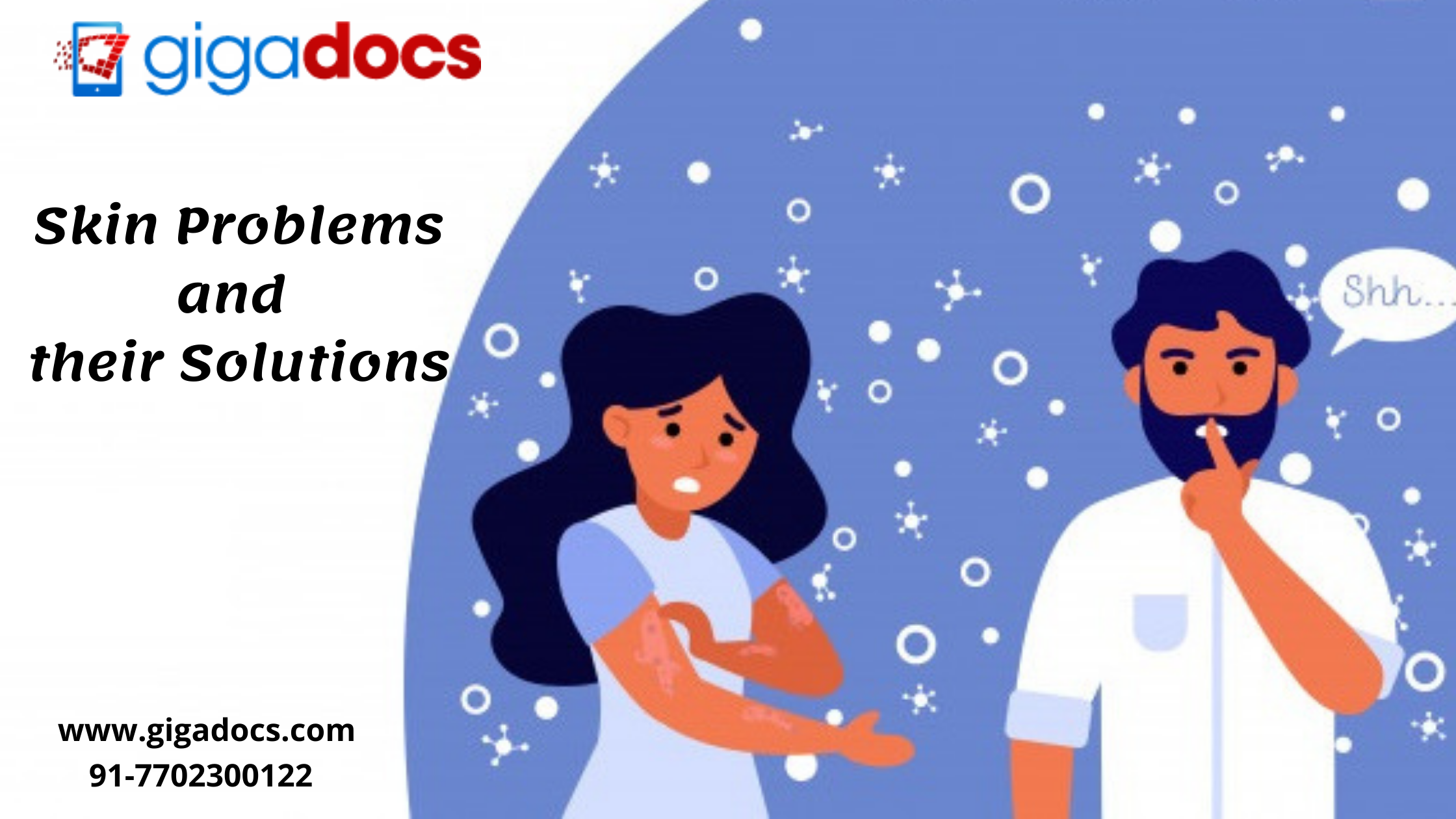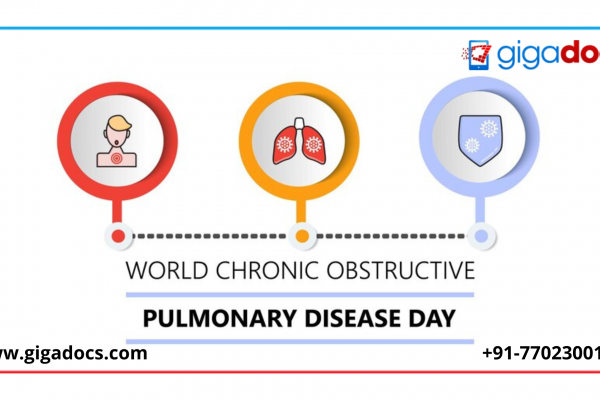Dry and harsh winters bring a host of skin troubles. And if you thought that acne scars are restricted to the summer season then think again. Winters, a season known for its low humidity levels makes, the most superficial layer of our skin (epidermis) go dry which leads to acne breakouts.
Dry skin does not discriminate and affects both males and females equally, however it is the elderly who are more prone to dry feet and skin due to their diminished amount of natural skin oils. The causes of dehydrated skin in the winters range from the changing environmental factors, like humidity, temperature, to the frequent hand-washing and sanitizing regime that may cause dryness and strip off essential oils. Besides some medications and skin infections can also result in dry skin which damages the hands, arms, heels, and lower legs.
Skin Conditions in the Dry Winter Months
Acne blocks your skin’s hair follicles with oil and dead cells and causes blackheads or pimples. Acne is commonly seen among teenagers though it may affect people of all ages. Here are the other skin conditions that you may face during these dry winter months-
- Dermatitis: Skin inflammation associated with dry, itchy patches that may result from poor blood circulation, allergen reaction, infection, or exposure to harsh chemicals.
- Rosacea: Bacterial infection that leads to red bumps and skin rashes.
- Cold urticaria: Though uncommon, the symptoms of cold urticaria include itchy bumps or hives. The reasons behind cold urticaria include the cold-water showers and extreme sensitiveness to chilly air which may typically last for one-two hours after the cold exposure.
- Psoriasis: If you have noticed red patches covered with white scales, it could be Psoriasis. Psoriasis attacks the knees, lower back, scalp, and elbows. The triggers of Psoriasis include infections, stress, and smoking.
Acne Symptoms and Clogged Pores
In the winters you must have noticed your skin develop dry patches, and crack into small flakes. You may have an acne onset if you notice the following symptoms-
- Itching
- Redness
- Rough or scaly patches
- Blisters
- Skin flaking
- Inflammation
Eczema and hypothyroidism are behind frequent dry skin discomfort. Even the itch-scratch cycle can make the skin thicken and dark with bacterial infections and rashes.
Causes for Adult Acne
Ache hits the outermost layer of the skin called the epidermis which is covered by protein cells and fat. Our skin may end up losing its moisture when it becomes fat and protein deficient. Consequently, losing its moisture which causes rashes and acne. Here are the reasons for acne observed amongst the adults-
- Sanitizer overuse
Sanitizers are an absolute must to fight Covid-19, but do you know that they can cause your skin to dry out? Sanitizers can deprive your skin of the essential oils causing dry skin further leading to acne.
- Age
As discussed, the elderly are the ones more prone to skin rashes and acne. As one age, their skin loses moisture and becomes thinner, and subsequently dries out. Flaky skin around the nose may be an early indicator of the dryness to be experienced later.
- UV Rays
When the harmful UV rays fall on the exposed skin parts, they cause the skin to burn out and subsequently peel off. When you are venturing out along with your face mask, don’t forget to take protective gear like sunglasses and a hat/ umbrella to protect yourself.
- Allergies/Cold
The onset of winters invites allergy-related sneezes and wheezing. Constant nose blows can cause the skin to become dry and peel off, besides irritating the surrounding skin for acne and rashes.
- Poor blood circulation
Surprised? Poor blood circulation can extensively dry out your skin, make your nails brittle and you may end up losing the luster of your hairs. For healthy circulation, opt for an active lifestyle, go for walks, try yoga, and drink adequate water.
- Stress and lack of sleep
Winters bring a host of festivals, and not to forget the “work from home” stress due to the Coronavirus. You may skip your skincare routine which can increase the chances of blemishes. The limited amount of sunlight and the time taken for your body to adjust to the changing seasons may cause stress, lack of sleep further impacting your overall skin health.
- Skincare products
With the change of seasons, our skincare products also change. We prefer to use the best moisturizer for dry skin, however, if we do not choose the correct skincare products which suit our skin, it may go dry and flaky. It is dermatologically advised, to get a skin patch test done before you buy the cold crèmes for winter.
Acne Home Remedies
- Humidifier
People who live in cold and dry places must invest in a humidifier. This will ensure moist air inside their homes and reduce allergies and cold symptoms. Besides, it would also protect your skin from drying out and subsequently acne to appear.
- Stay Hydrated
Never forget to drink water, even though the air outside is cold and chilly. Dehydrated skin invites troubles like acne, blemishes, and scaling. Adequate water intake will prevent skin dryness especially in the sensitive areas around your nose and lips.
- Change Your Diet
A balanced diet rich in antioxidants and omega 3 fatty acids heals and repairs the skin. Good alternatives are dark chocolates, turmeric, and green tea. Those who are non-vegetarians can consider fish like mackerel and salmon to replenish the loss of essential oils. Don’t forget to add the seasonal dose of fruits and vegetables like Gooseberries (Amla), Custard Apples, Pineapple, Sapodilla (Chikoo or Sapota) to your diet.
- Skin Moisturization
Winters are here, for healthy skin do not forget to hydrate with a light moisturizer. This will prevent the emergence of unwanted oils in the T zone and assure that your skin is prevented from breakouts especially when you step outside in the dry harsh winters.
- Do not Over-Wash
To avert the Covid-19 scare, we are all advised to wash our hands more than we would normally. But do you know that alcohol-based handwashes can strip you from the essential oils and make your skin prone to dryness? Use a moisturizer to hydrate your dehydrated skin.
- Blow drying
Blow-dried hairs may look fancy, but in this harsh winter’s they are again a no. The brittle winter hair may cause your hair to go dry. If it is necessary, consider applying a hair serum before you blow-dry.
Best Acne Treatment
- Use A Nasal Spray for Allergies/Cold
Winter seasonal allergic rhinitis may give you a runny nose and cause dry skin syndrome. For relief, you can opt for a nasal spray or an inhaler. This will help to decongest your nose and restrict the urge to blow it too often.
- Natural Care
Home remedies like coconut oil, olive oil, petroleum jelly repair the dry and flaky skin. Though, it might take a week or a fortnight for the acne to heal depending on its severity and skin damage.
Acne Scar Treatment and Medical Intervention
For those who suffer from intense dry feet and skin, dehydration should consult a dermatologist if they are noticing-
- Discoloration of skin around the nose
- Skin dehydration and breakouts
- Dry skin even after using moisturizers and other skin care remedies.
Acne Treatment with Gigadocs
If you are witnessing dry flaky skin and acne, even after taking adequate precautions, there is something else that is causing the rash. It may be an allergic reaction, or you have an infection or skin condition, like eczema, psoriasis, or dermatitis that needs medical attention.
Consult regarding your skin condition with a dermatologist on the Gigadocs practice management app. Book a digital appointment and avail a complete range of digital healthcare solutions, vitals tracking, online appointment booking, and secure health record maintenance offerings.
Our busy lifestyles, the stress of work from home, and the adversaries of the dry winters may make us lethargic. For young parents remembering their child’s next immunization date is also an important responsibility. To ease out the stress, Gigadocs brings the Vaccination Schedule Chart that lets young parents track the vaccination schedule of their kid with their date of birth. To know more, download the Gigadocs app-
- IOS App – apple.co/2W2iG4V
- Android App – bit.ly/33AQoRC
To know more e-mail, at info@gigadocs.com




